Slow Loris Behaviour and Ecology
In 2012, we started our radio tracking and behavioural observations of Javan slow lorises. With thousands of hours of observations on their behaviour (feeding, social, vocal, infant development, posture, venom use, torpor and more!) we are the longest ever continuous study of a nocturnal primate in the wild. As of 2022, we are observing a fifth generation of slow lorises in our key family units! Check out our YouTube channel to see all the behaviours of the Javan Slow Loris on our Slow Loris Ethogram playlist.
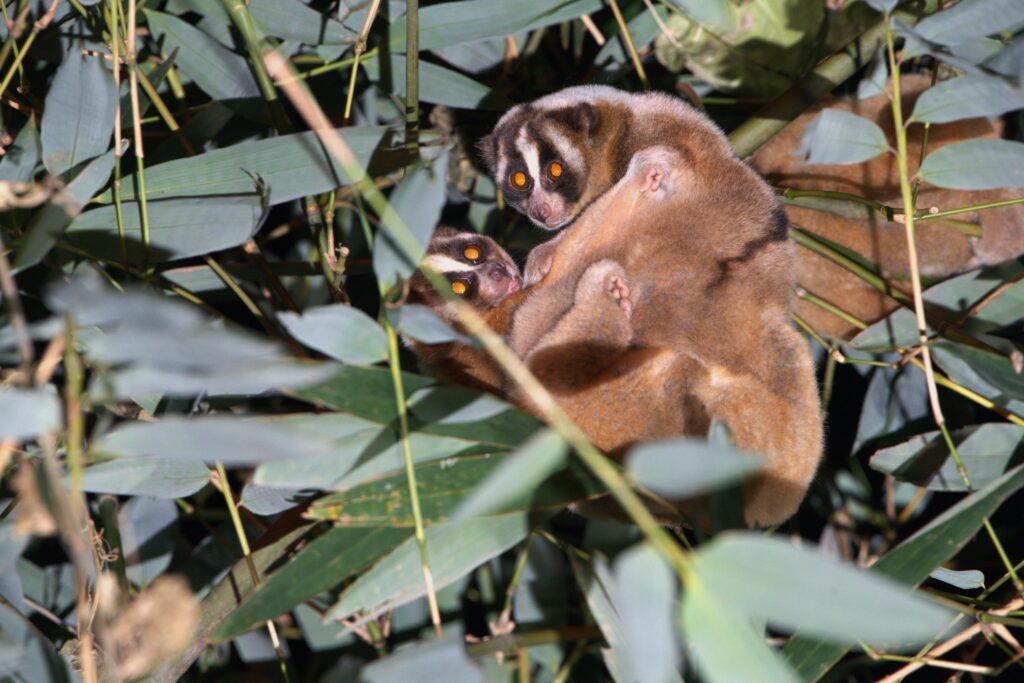
Ecosystem Services
Habitat loss and fragmentation is the main cause of biodiversity loss. With human population growth, the conversion of wildlife habitat into human-dominated landscape is one of the main drivers of wildlife population decreases. Java is the most populated island in the world, with a density of more than 1,000 habitants per km2. LFP investigates how lorises cope with land use change in a human-dominated landscape through behavioural observations, vegetation surveys and spatial analysis and work with local people to find solutions.
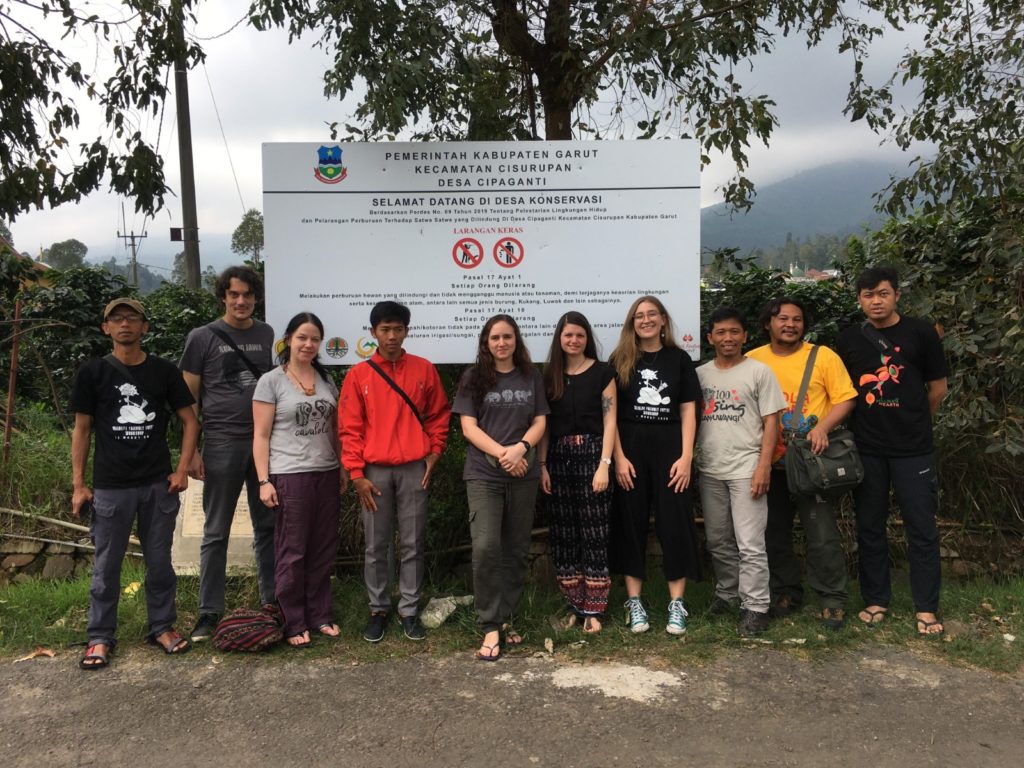
Accelerometers
We are pioneering the use of small devices that can record the activity and body temperature of Javan slow lorises and Javan palm civets. Working also with our partners at Shaldon Wildlife Trust in the UK, we were able to validate accelerometers and are now learning in even more detail about the behaviour of cryptic nocturnal animals. You can read our BIAZA Award winning study on the validation of accelerometers with a Bengal slow loris here.
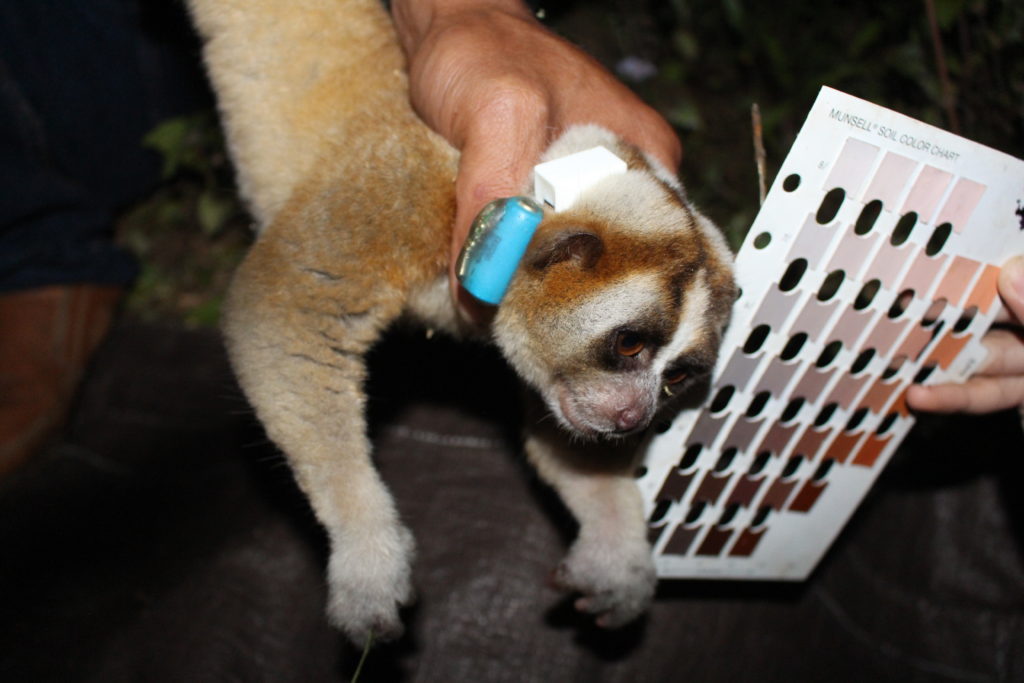
Venom
Slow lorises are one of the few venomous mammals. They have specialised brachial glands that produce an oil that when mixed with their saliva creates the venom. LFP is studying the function of this venom through behavioural studies in the wild, studies on captive slow lorises in zoos, as well as the chemical characteristics of venom through laboratory analysis. Read our review paper on slow loris venom here!
Slow Loris Bridges
Working with local communities, we have built water hose pipe bridges that are used by slow lorises and at least 20 other species. The success of these bridges in allowing lorises to move safely between trees, access additional food resources, and increase their home range size has led to their adoption by project partners Love Wildlife Foundation at the Khao Lak Merlin Resort and the Bangladesh Slow Loris Research & Conservation Project.
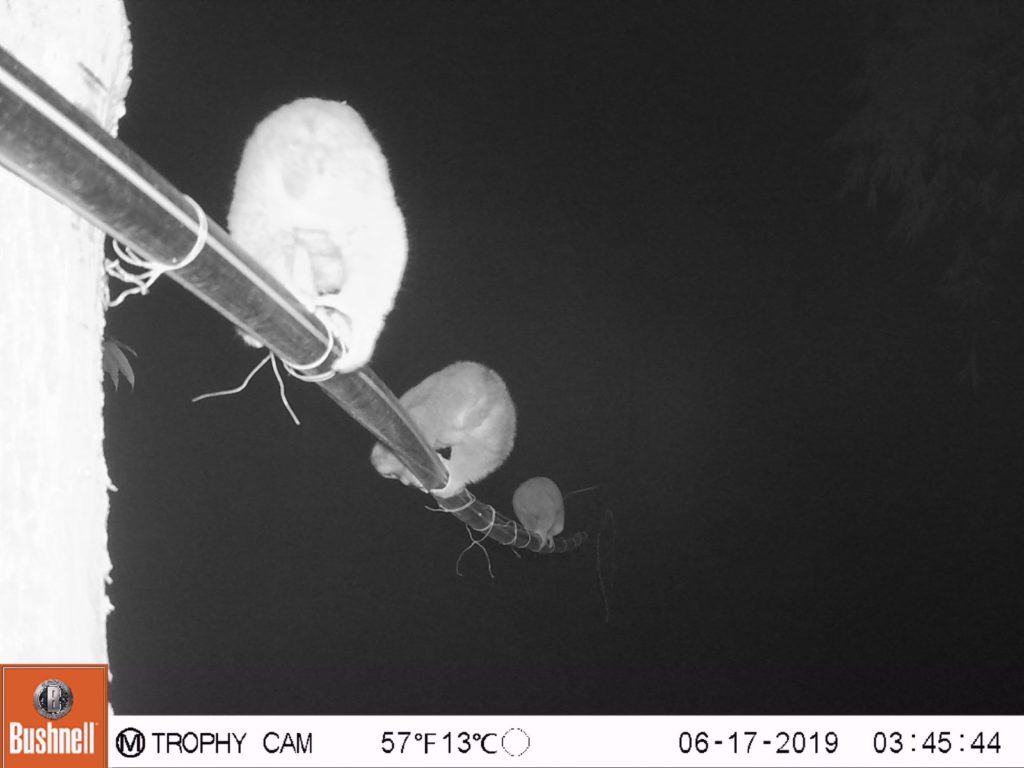
Bioacoustics
Click here to hear some of the vocal repertoire of the slow loris!
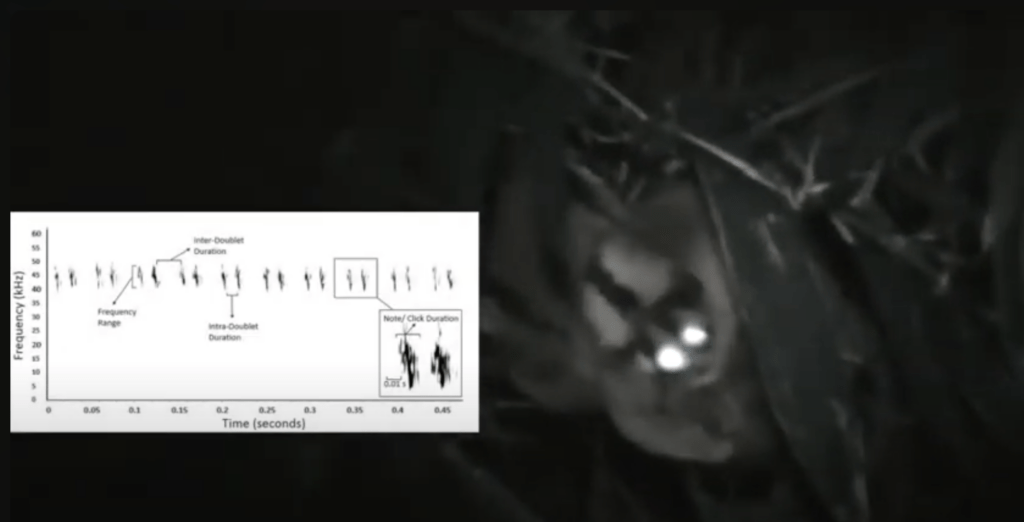
Extraordinarily, the main call type used by slow lorises to communicate with each other is in pure ultrasound. Some of their sonic vocalisations also have ultrasonic components. Using a range of new technology, including passive and active acoustic monitors, we are striving to understand the complex communication systems of slow lorises. By identifying their calls, we can also monitor their populations across their range, and we also hope that the signatures of their calls may help us to identify individuals and species. As part of this work, our Research Coordinator Esther Adinda spent several months working with Cornell University as a Katherine B. Payne Fellow. During her internship, she learned novel bioacoustic techniques to apply to our long-term dataset. Dr Jacob Dunn is an advisor to our bioacoustics project, including providing access to his unique database of mammalian larynges. Over time, we hope together to understand how and why slow lorises and other sympatric nocturnal mammals make these unique ultrasonic calls.
